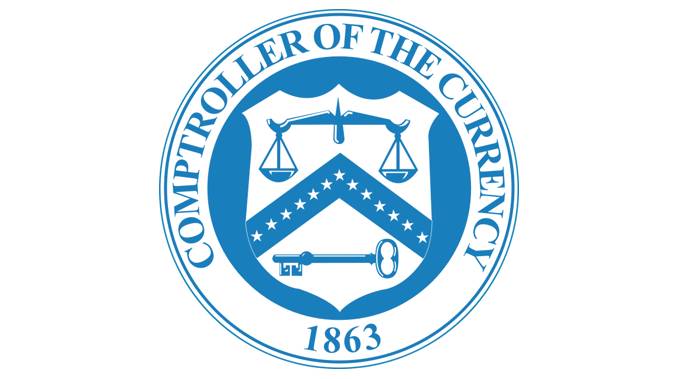Agencies Issue Statement on Supervisory Practices Regarding Financial Institutions and Borrowers Affected by Hurricane Sandy
WASHINGTON — The Office of the Comptroller of the Currency, the Board of Governors of the Federal Reserve System, and the Federal Deposit Insurance Corporation (the agencies) recognize the serious impact of Hurricane Sandy on the customers and operations of many financial institutions and will provide regulatory assistance to affected institutions subject to their supervision. The agencies encourage institutions in the affected areas to meet the financial services needs of their communities.
A complete list of the affected disaster areas can be found at www.fema.gov.
Lending: Bankers should work constructively with borrowers in communities affected by Hurricane Sandy. The agencies realize that the effects of natural disasters on local businesses and individuals are often transitory, and prudent efforts to adjust or alter terms on existing loans in affected areas should not be subject to examiner criticism. In supervising institutions affected by the hurricane, the agencies will consider the unusual circumstances they face. The agencies recognize that efforts to work with borrowers in communities under stress can be consistent with safe-and-sound banking practices as well as in the public interest.
Community Reinvestment Act (CRA): Financial institutions may receive CRA consideration for community development loans, investments, or services that revitalize or stabilize federally designated disaster areas in their assessment areas or in the states or regions that include their assessment areas. For additional information, institutions should review the Interagency Questions and Answers Regarding Community Reinvestment at http://www.ffiec.gov/cra/pdf/2010-4903.pdf.
Investments: Bankers should monitor municipal securities and loans affected by the hurricane. The agencies realize local government projects may be negatively affected. Appropriate monitoring and prudent efforts to stabilize such investments are encouraged.
Reporting Requirements: Institutions affected by Hurricane Sandy that expect to encounter difficulty submitting accurate and timely regulatory report data for the September 30, 2012, report date should contact their primary federal regulatory agency to discuss their situation. These regulatory reports include the Consolidated Reports of Condition and Income (Call Report) and holding company Y reports. The agencies do not expect to assess penalties or take other supervisory action against institutions that take reasonable and prudent steps to comply with regulatory reporting requirements if those institutions are unable to fully satisfy those requirements by the specified filing deadlines because of the effects of Hurricane Sandy. The agencies’ staffs stand ready to work with affected institutions that may be experiencing problems fulfilling their reporting responsibilities, taking into account each institution’s particular circumstances, including the status of its reporting and recordkeeping systems and the condition of its underlying financial records.
Publishing Requirements: The agencies understand that the damage caused by the hurricane may affect compliance with publishing and other requirements for branch closings, relocations, and temporary facilities under various laws and regulations. Institutions experiencing disaster-related difficulties in complying with any publishing or other requirements should contact their primary federal regulatory agency.
Temporary Banking Facilities: The agencies understand that many banks face power, telecommunications, staffing and other challenges in re-opening facilities after the hurricane. In cases where operational challenges persist, the appropriate primary federal regulator will expedite any request to operate temporary banking facilities to provide more convenient availability of services to those affected by the hurricane. In most cases, a telephone notice to the primary federal regulator will suffice initially. Necessary written notification can be submitted later
SOURCE: http://www.occ.gov
~


No Comment